Uriflax Tablet 10's
MRP ₹140
(Inclusive of all Taxes)
₹21.0 Cashback (15%)
Provide Delivery Location
Online payment accepted
 Prescription drug
Prescription drugWhats That
About Uriflax Tablet
Uriflax Tablet belongs to the group of medicines called anti-spasmodic agents used to treat urinary tract muscle spasms caused due to the inflammation of the urinary bladder, prostate gland or urethra. Besides this, Uriflax Tablet also relieves symptoms that arise after the surgery, cystoscopy or catheterisation like dysuria (painful urination), nocturia (excessive urination at night) and the inability to control urine flow (urinary incontinence).
Uriflax Tablet contains 'Flavoxate' that relaxes the muscles of the urinary bladder, thereby helps in preventing frequent urination, and excessive or uncontrolled urination. Uriflax Tablet also helps in relieving the associated pain due to the inflammation and contraction of the urinary bladder due to urinary incontinence.
You are advised to take Uriflax Tablet for as long as your doctor has prescribed it for you, depending on your medical condition. In some cases, you may experience certain common side-effects such as nausea, vomiting, stomach upset, gastric pain, dry mouth, and drowsiness. Most of these side-effects do not require medical attention and will resolve gradually over time. However, you are advised to talk to your doctor if you experience these side-effects persistently.
Consult your doctor before taking Uriflax Tablet if you are pregnant or breastfeeding; your doctor will prescribe Uriflax Tablet only if the benefits outweigh the risks. Uriflax Tablet may cause drowsiness, vertigo and blurred vision, so drive only if you are alert. Uriflax Tablet should not be given to children below 12 years of age, as safety and efficacy have not been established. Avoid or limit the intake of alcohol while taking Uriflax Tablet . Uriflax Tablet may contain lactose so if you have lactose, sugar, or glucose-galactose intolerance, do not take Uriflax Tablet .
Uses of Uriflax Tablet
Directions for Use
Key Benefits
Uriflax Tablet belongs to a group of medicines called ‘Antispasmdics’ used to relieve and prevent muscle spasms. Uriflax Tablet contains ‘Flavoxate’ which works by inhibiting bladder contractions in the urinary tract, thereby reducing the associated pain. Uriflax Tablet is used to treat urinary tract muscle spasms caused due to the inflammation of the urinary bladder, prostate gland or urethra. Besides this, Uriflax Tablet also relieves symptoms that arise after the surgery, cystoscopy or catheterisation like dysuria (painful urination), nocturia (excessive urination at night) and the inability to control urine flow (urinary incontinence).
Storage
Drug Warnings
Do not take Uriflax Tablet if you are allergic to any of its contents, if you have gastrointestinal bleeding, obstruction in food passage, muscular inability to swallow, urinary retention, glaucoma, or muscle weakness. Consult your doctor before taking Uriflax Tablet if you are pregnant or breastfeeding; your doctor will prescribe you Uriflax Tablet only if the benefits outweigh the risks. Uriflax Tablet may cause drowsiness, so drive only if you are alert. Uriflax Tablet should not be given to children as safety and efficacy have not been established. Avoid consuming alcohol along with Uriflax Tablet as it could lead to increased drowsiness. Inform your doctor about your health conditions and medications to rule out any side effects.
Drug-Drug Interactions
Drug-Drug Interactions
Login/Sign Up
Co-administration of Uriflax Tablet with Potassium chloride can increase the risk of stomach ulcers.
How to manage the interaction:
Taking Uriflax Tablet with Potassium chloride is not recommended, as it can lead to an interaction, it can be taken if a doctor has prescribed it. However, if you experience severe stomach pain, bloating, sudden lightheadedness or dizziness, nausea, vomiting (especially with blood), decreased hunger, or dark, tarry stools, consult the doctor immediately. Do not discontinue the medication without consulting a doctor.
Taking Uriflax Tablet and Potassium citrate (in tablet or capsule form) together can increase the risk of stomach ulcers, bleeding, and gastrointestinal injury.
How to manage the interaction:
Taking Uriflax Tablet with Potassium citrate is not recommended, as it may lead to an interaction, it can be taken if prescribed by the doctor. However, if you experience severe stomach pain, bloating, sudden lightheadedness or dizziness, nausea, vomiting (especially with blood), decreased hunger, or dark, tarry stools, consult the doctor immediately. Do not discontinue any medications without a doctor's advice.
Co-administration of Uriflax Tablet with Esketamine can increase the risk or severity of side effects such as drowsiness, confusion, difficulty concentrating, and impairment in thinking, judgment, reaction speed, and motor coordination.
How to manage the interaction:
Co-administration of Uriflax Tablet with Esketamine can possibly result in an interaction, but it can be taken if a doctor has advised it. If you're having any of these symptoms like feeling sleepy, dizzy, or having trouble staying awake, a doctor can help. They might suggest other options that won't cause these problems. Make sure to call a doctor right away if you're experiencing any of these symptoms. Do not discontinue any medications without consulting a doctor.
When Uriflax Tablet is used with Ketamine, may increase side effects such as dizziness, drowsiness, confusion, difficulty concentrating, excessive sedation, and respiratory depression.
How to manage the interaction:
Co-administration of Ketamine with Uriflax Tablet can possibly result in an interaction, but it can be taken if a doctor has advised it. If you experience symptoms like feeling dizzy, tired, confused, having trouble focusing, feeling overly sleepy, or having difficulty breathing, it's important to call a doctor right away. Do not discontinue any medications without consulting a doctor.
Co-administration of Sodium oxybate together with Uriflax Tablet may increase side effects such as drowsiness, dizziness, lightheadedness, confusion, depression, low blood pressure, slow or shallow breathing, and impairment in thinking, judgment, and motor coordination.
How to manage the interaction:
Taking Uriflax Tablet with Sodium oxybate together can possibly result in an interaction, but it can be taken if a doctor has advised it. If you notice any of these symptoms - drowsiness, dizziness, lightheadedness, confusion, depression, low blood pressure, slow or shallow breathing, and impairment in thinking, judgment, and motor coordination - make sure to contact a doctor right away. Do not stop using any medications without talking to a doctor.
Co-administration of Uriflax Tablet and Zonisamide may increase body temperature and decrease sweating.
How to manage the interaction:
If you are supposed to take Uriflax Tablet and Zonisamide together, a doctor may adjust the dose or monitor you more frequently to safely use both medications. Drink plenty of fluids during warm weather and when exercising and contact a doctor if you have decreased sweating or a fever. Avoid activities requiring mental alertness such as driving or operating hazardous machinery, until you know how the medications affect you. Do not discontinue any medication without consulting a doctor.
Co-administration of Uriflax Tablet and Topiramate may increase body temperature and decrease sweating. Heat stroke and hospitalization may occur in some people, especially in warm weather and during vigorous exercise.
How to manage the interaction:
Taking Uriflax Tablet and Topiramate together is not recommended as it can possibly result in an interaction, it can be taken if your doctor has advised it. If you notice any of these symptoms like drowsiness, dizziness, or lightheadedness, it's a good idea to reach out to your doctor right away. Do not discontinue any medications without consulting your doctor.
Drug-Food Interactions
Drug-Food Interactions
Login/Sign Up
Diet & Lifestyle Advise
- Pelvic floor exercises would help treat bladder spasms.
- Avoid foods like sugars, carbonated beverages, tea, citrus fruits, tomatoes, spicy foods, chocolate, and tea.
- Limit fluid intake as excess fluid intake could cause an urge to urinate frequently.
- Avoid drinking excess alcohol or caffeine.
- Maintain a healthy weight, exercise regularly.
- Quit smoking.
Side Effects of Uriflax Tablet
- Nausea
- Vomiting
- Stomach upset
- Gastric pain
- Dry mouth
- Drowsiness
Habit Forming
Therapeutic Class
All Substitutes & Brand Comparisons
RX
Flavotary Tablet 15's
Votary Laboratories (India) Ltd
₹210.5
(₹12.63 per unit)
RX
Urivel 200Mg Tablet 10'S
Leeford Healthcare Ltd
₹140.5
(₹12.65 per unit)
RX
Flavomark 200 mg Tablet 10's
Unimarck Healthcare Pvt Ltd
₹185.5
(₹16.7 per unit)
32% COSTLIER
Author Details
We provide you with authentic, trustworthy and relevant information
Drug-Diseases Interactions
Drug-Diseases Interactions
Login/Sign Up
In patients with GI blockage, ileus, atony, and obstructive uropathy, Uriflax Tablet usage is not advised. Uriflax Tablet has mild anticholinergic action and directly inhibits smooth muscle spasms.
How to manage the interaction:
Uriflax Tablet is contraindicated in patients with gastrointestinal obstruction, ileus (temporary lack of movement in the intestines), atony (uterus does not contract), and obstructive uropathy (obstructed urinary flow).
Uriflax Tablet has mydriatic activity, which can lead to narrow-angle (angle-closure) glaucoma and elevated intraocular pressure. Patients with angle-closure glaucoma should use Uriflax Tablet cautiously during their treatment.
How to manage the interaction:
Uriflax Tablet should be used with caution in patients with angle-closure glaucoma.
FAQs
Drug-Drug Interactions Checker List
- TOPIRAMATE
- DIPHENHYDRAMINE
- CETIRIZINE
- ALPRAZOLAM
- DULOXETINE
- ACETAMINOPHEN
- FLUOXETINE
Special Advise
- Urologist might suggest tests like urodynamics test, urine culture, and bladder function test to diagnose symptoms of overactive bladder (OAB).
Disease/Condition Glossary
The contraction or tightening of bladder muscles causes bladder spasms. This is termed as an overactive bladder. Continuous contractions may cause an urge to urinate. Overactive bladder is characterized by involuntary leakage of urine, excessive urination, and urgent need to urinate. The common causes of bladder spasms are urinary tract infections, drinking too much caffeine or alcohol, diabetes, constipation, impaired kidney function, bladder stones, enlarged prostate, or neurological disorders.

Have a query?
Alcohol
Safe if prescribed
You are recommended to avoid alcohol consumption while taking Uriflax Tablet . Alcohol intake, along with Uriflax Tablet , may cause increased drowsiness.
Pregnancy
Consult your doctor
Please consult your doctor if you have any concerns regarding this; your doctor will prescribe you Uriflax Tablet only if the benefits outweigh the risks.
Breast Feeding
Consult your doctor
Please consult your doctor if you have any concerns regarding this; your doctor will decide whether breastfeeding mothers can take Uriflax Tablet or not.
Driving
Safe if prescribed
Uriflax Tablet may cause drowsiness and vision disturbances; do not drive or operate heavy machinery if you feel drowsy.
Liver
Consult your doctor
Dose adjustment may be needed. Uriflax Tablet should be used with caution in patients with liver impairment/liver disease. Please consult your doctor if you have a liver impairment or any concerns regarding this.
Kidney
Consult your doctor
Dose adjustment may be needed. Uriflax Tablet should be used with caution in patients with kidney impairment/kidney disease. Please consult your doctor if you have kidney impairment or any concerns regarding this.
Children
Safe if prescribed
Uriflax Tablet should not be used by children, as the efficacy and safety have not been established.






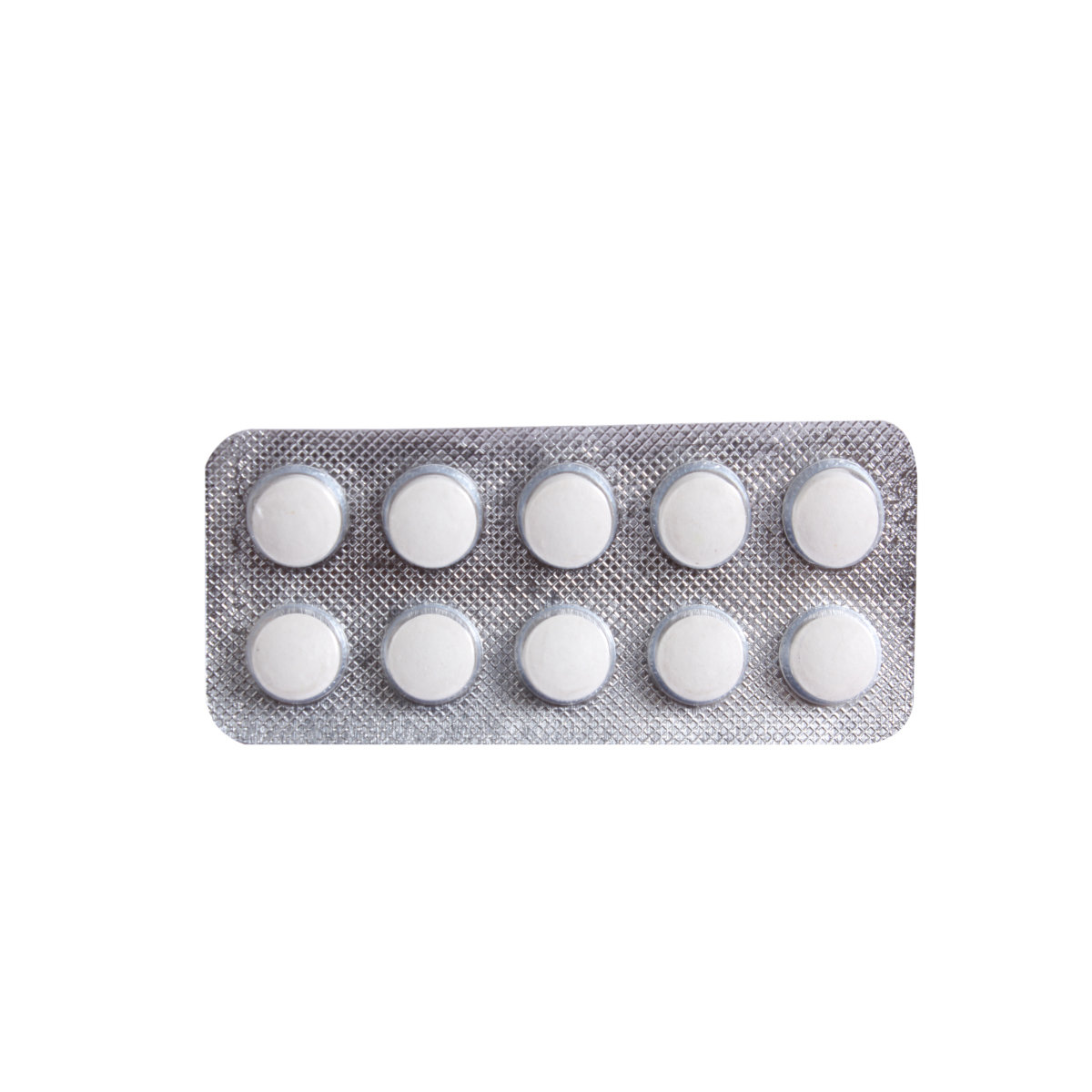
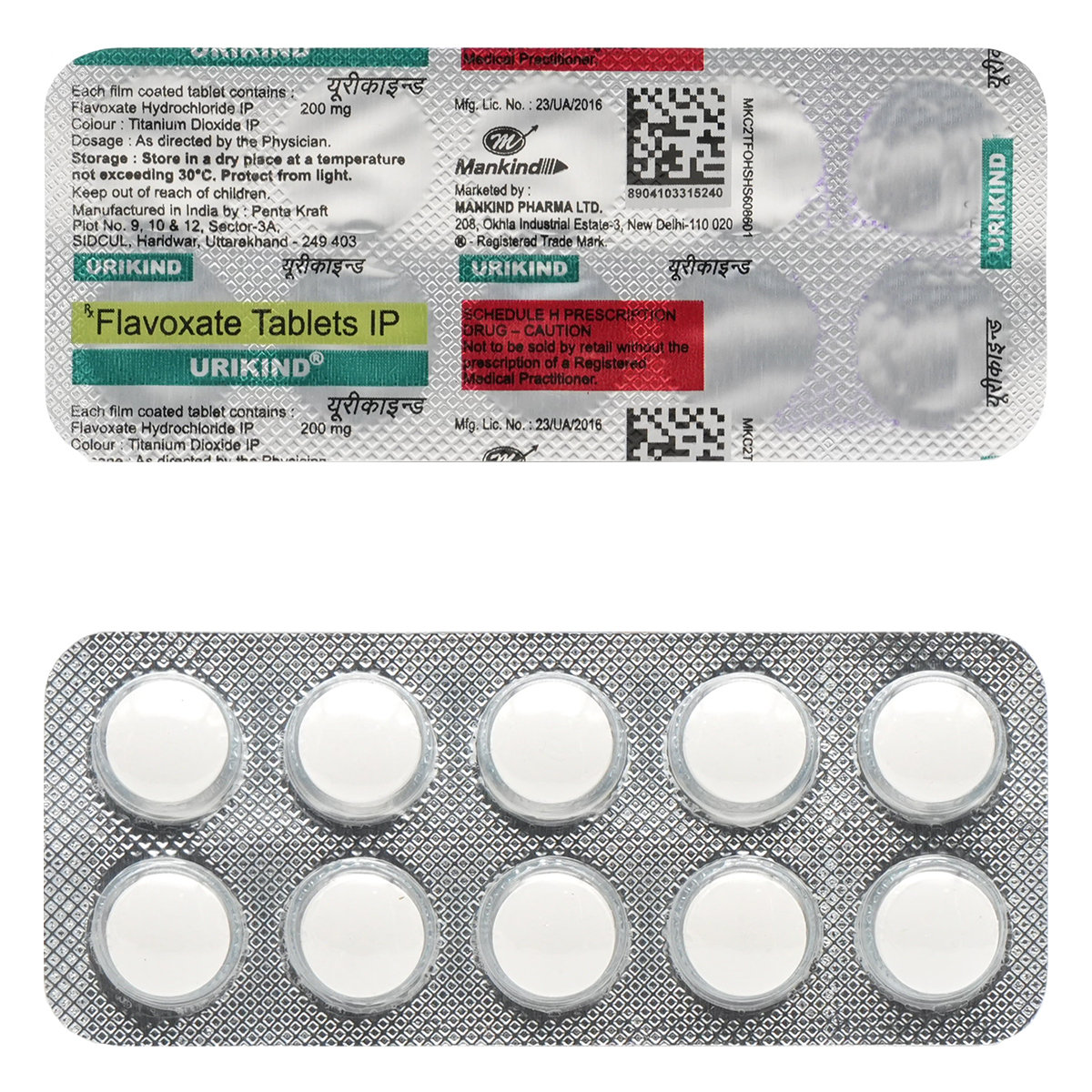
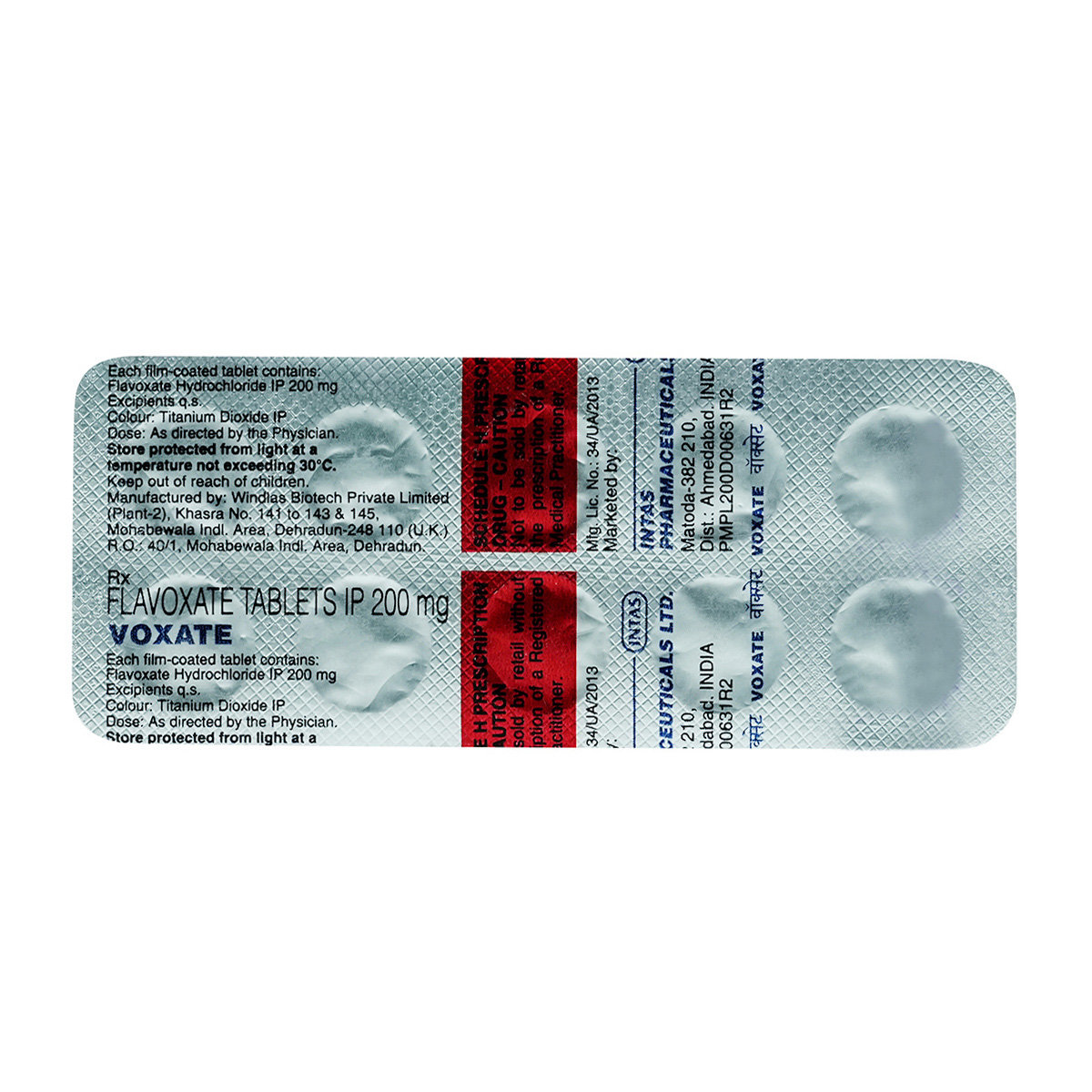
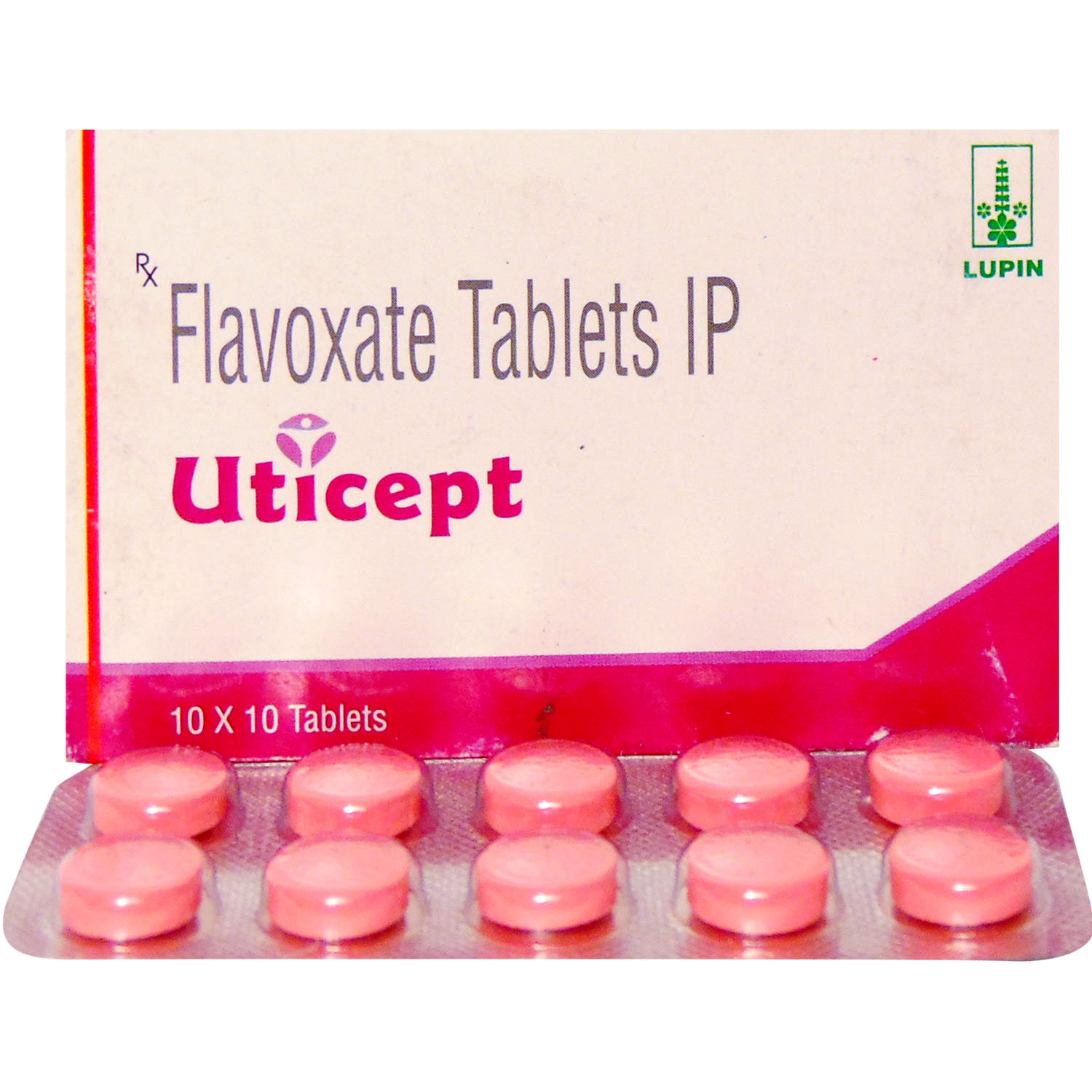
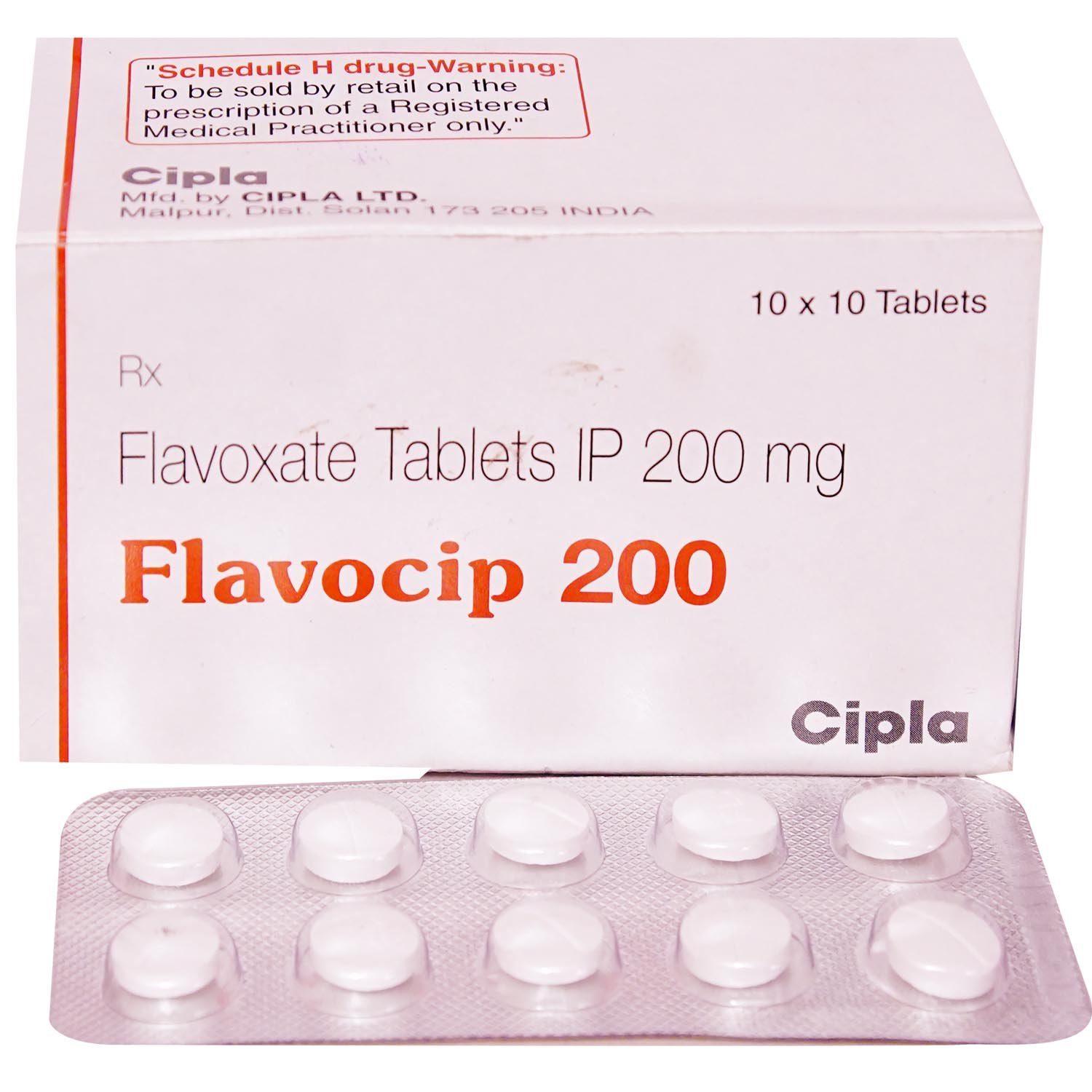
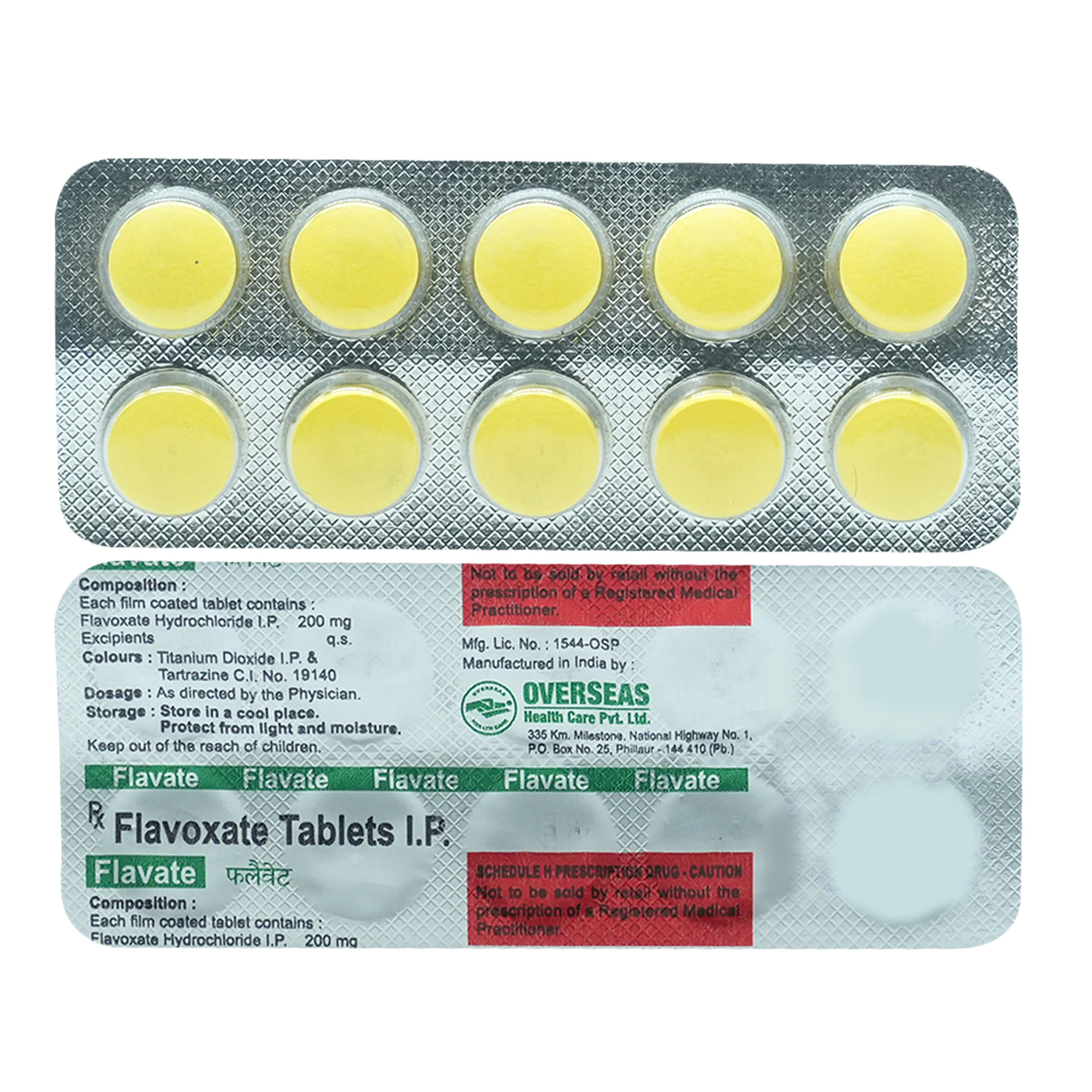
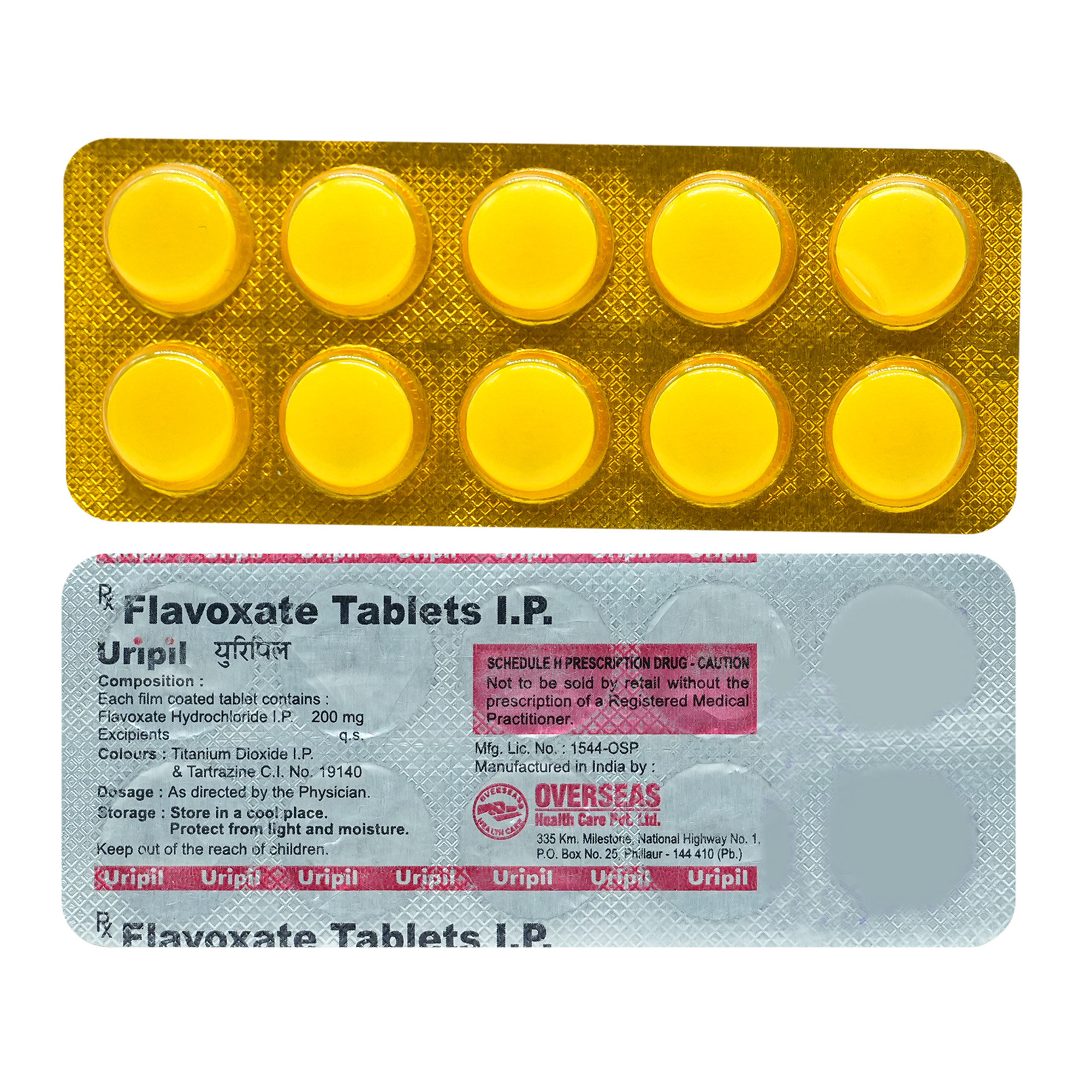
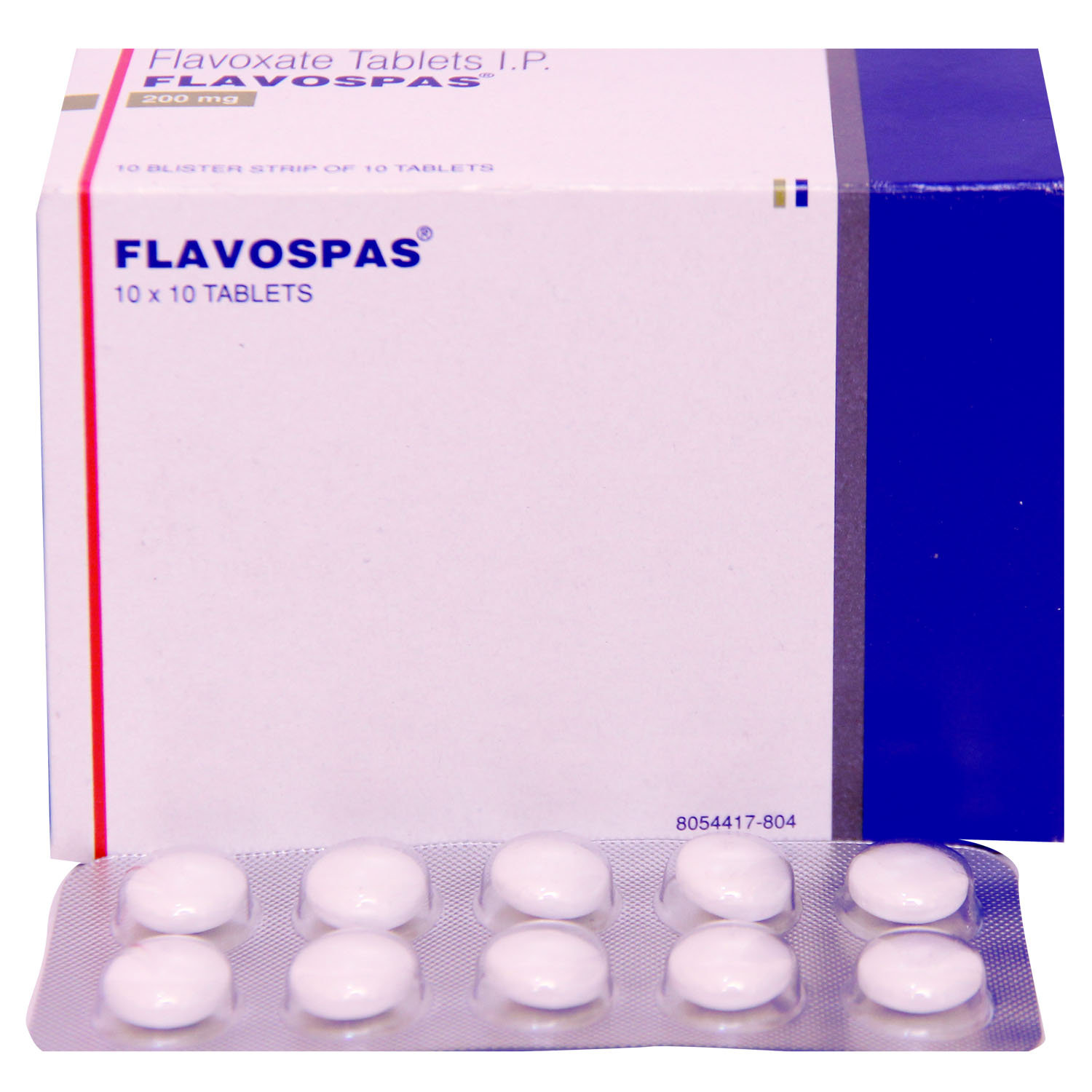

_0.jpg?tr=q-85)

